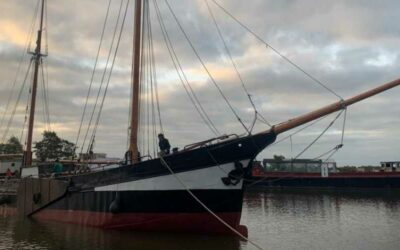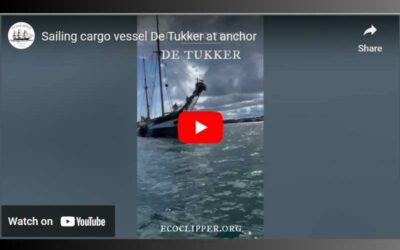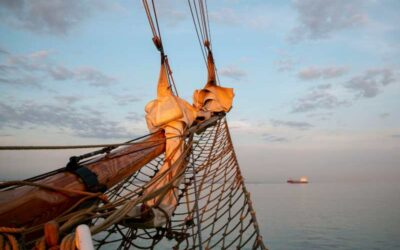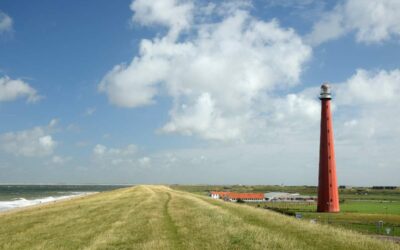By Corinna Goepfert
Image: Klassenzimmer unter Segeln
“As a way of measuring the contribution of the sailing industry to a sustainable future, we analyzed it in relation to the UN Sustainable Development Goals. These 17 goals were set in 2015 by the United Nations General Assembly and are to be achieved by 2030. The Goals are “the blueprint to achieve a better and more sustainable future for all”.
Sail Cargo and Travel Market Overview 2020
This is the third blog of a series which looks at the broad framework of the SDG goals, as set out by the United General Assembly in 2015. Sail cargo is an industry which offers a sustainable shipping solution, and meets many of the demands of the SDGs. The SDGs are an internationally recognised set of goals for a sustainable future and are a useful tool to indicate the level of change that sail cargo can help implement.
This blog examines the quality education which can be offered through sailing, sail training and sail cargo. It also looks at responsible consumption and how Goal 12 can be met through this method of shipping.
Goal 4 & 12
Quality Education and Responsible Consumption
An expansion of sail cargo would increase educational benefits in the fields of traditional crafts such as woodworking, rigging and seamanship skills. Additionally, these educational benefits to volunteer crew, passengers, and maritime museums involved in docking and the broader public offer huge potential.
Sailing ships also provide sail training; a hands-on educational experience, sail training is proven to benefit participants through practical sailing and seamanship skills. Seamanship not only means the skills, techniques, or practice of handling a ship but even more importantly the responsibility for yourself, the crew, the ship and the environment. By (re-)connecting people with nature, especially the ocean, they will see the impacts of plastic pollution, mass tourism, and climate change with their own eyes. Thus, creating awareness and motivating people to protect the ocean and climate and to encourage others to do the same.
Sail training on traditional sailing and school ships often follows concepts from outdoor education such as outward bound or concepts developed by educator Kurt Hahn. Their focus lies in the medium of the sailing ship where nature, group dynamics and experiences develop the personalities of the trainees. School and other social projects such as “Classroom under Sail” (KUS) and the “Spirit of Adventure” are based on the integrative and holistic framework of outdoor education. Sailing ships such as the Thor Heyerdahl (Science under Sail) or the Statsraad Lehmkuhl (One Ocean Expedition) work together with universities, institutes, scientists and leaders to collect scientific data and raise awareness about climate change and environmental conditions.
Working together with different stakeholders, sail cargo and travel can join this movement. Furthermore, sailing ships can become ambassadors for sustainable and responsible consumption.
Through not factoring in environmental costs, the travel and shipping industries have been able to offer extremely cheap services and goods. In the eyes of many, this has led to unsustainable excessive consumption of flights and goods. As the sail industry has no hidden costs to the environment, it reflects the actual cost of transport and travel. This leads to a more transparent understanding of the consumer’s environmental impact. Educating people about how to consume responsibly goes hand in hand with selling and buying products produced under fair conditions and transported emission-free.





